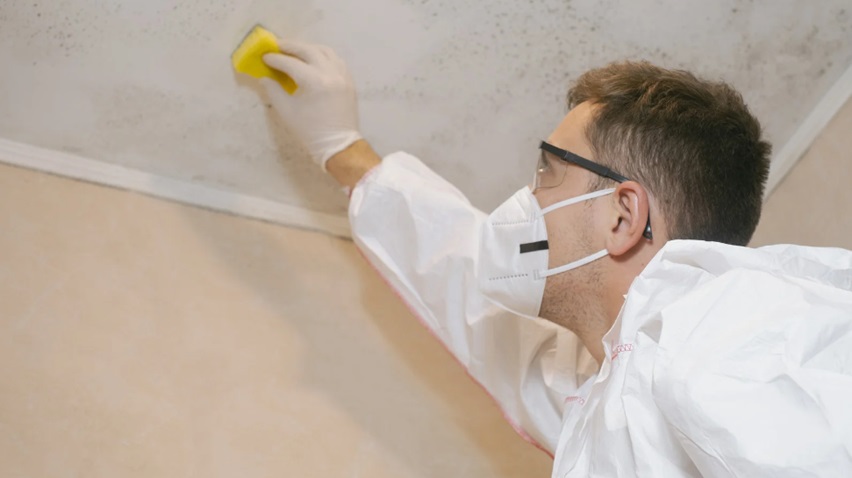If you find yourself drowsy in the afternoon, it’s best to shut the shades and rest. It has been suggested that a midday nap can help you finish the day strong by reviving your energy and concentration. However, the problem is made worse by the day’s general disarray.
A nap may seem like the ideal option when you’re too anxious to force yourself to stay awake throughout the night. It’s possible that both of these interpretations are right. In reality, there are benefits and drawbacks to getting enough shut-eye. How long and when you sleep will indicate if a nap is in order.
Napping’s Many Benefits
- A time for recuperation and rest
- You might wake up with more stamina after a good night’s sleep.
- Your ability to concentrate could be improved by getting some sleep.
- Permits you to start fresh in the middle of the day.
- made functional improvements
- Enhanced responsiveness
- Memory is enhanced
When to Take a Nap
Naps are great, but they can backfire if you overdo them or take them at the wrong times. It’s possible that the nap will make you feel even more sleepy than you did before. You may feel irritable, less productive, and unable to concentrate when you’re tired.
If you’re taking a nap that lasts too long or comes too late in the day, it could throw off your normal sleep schedule and cause health problems.
If you’re debating whether or not to take a nap, what factors play into your decision?
Taking brief naps can help if you find yourself nodding asleep. Getting a good night’s sleep isn’t going to require you to spend hours in bed. There may be some value in investing ten to twenty minutes. To sleep for too long could be dangerous. If you give it a shot, you could find that after that period of time, your body awakens on its own. If you buy that, you’ll know you’re getting too much shut-eye.
Sleep in as early in the day as possible, ideally before 3:00. There is a risk that you will awaken in the middle of the night if you take a nap too late.
Be aware of your surroundings at all times. Location is crucial, even if you’re just taking a short nap. You should try to find a quiet, cool place to sleep. If you want to get the most out of your sleep, think about using a copper mattress topper. This can help you maximize the benefits of your sleep and prevent waking up feeling only marginally better.
While there’s debate about whether or not naps are helpful, it appears that they could be useful if practiced in accordance with the aforementioned parameters. Find a strategy to unwind during the day if you’re unable to sleep. You might feel revitalized after taking a walk, practicing deep breathing exercises, or meditating for a while.
How Sleep Helps to Maintain Good Health
While most individuals are aware that sleep is vital to their health, few realize the full extent of its effects. Sleep deprivation has been related to an increase in obesity, heart disease, and diabetes, according to a growing body of studies.
Many of us don’t receive the recommended seven to nine hours of sleep per night, despite the fact that sleep is essential to our health and wellbeing. One-third of Americans suffer from sleep deprivation, as reported by the Centers for Disease Control and Prevention (CDC).
Numerous factors, such as time constraints at work, emotional or physical distress, or health problems, can lead to a lack of sleep. The effects of sleep deprivation, no matter the cause, can be devastating.
Physical Effects of Lack of Sleep
Weight gain is a common symptom of not getting enough sleep. The production of the hunger hormone ghrelin is increased by sleep deprivation. Simultaneously, our body produces fewer of the hormone leptin, which helps you feel full. Potential consequences include increased hunger and weight gain.
Heart disease, high blood pressure, diabetes, difficulties concentrating, forgetfulness, and depression are all made more likely by a lack of sleep. Both of these are critical health risks, but they are mitigated by prioritizing sleep and seeking out the cause and a solution as soon as possible.
Strategies for a Sound Nap
There are ways to improve your sleeping routine if you’re having trouble doing so. If you’re having trouble sleeping, you might find it helpful to establish a nighttime routine, keep to a regular sleep schedule, and forego caffeine and alcohol in the hours leading up to bedtime.
It’s been scientifically shown that getting enough shut-eye each night is crucial to your health. Have a discussion with your physician about how to improve your sleeping habits if you are having difficulties falling asleep or staying asleep. Some sleep disorders are amenable to medical or psychological intervention, but there are many distinct kinds. Improvements in day-to-day efficiency are possible with the appropriate kind of assistance.
Factors Leading to Insomnia
Low-quality sleep can be caused by many different things. Many times, the cause is just a lack of good sleep hygiene. To put it another way, they aren’t taking any steps to improve their sleep quality, such as avoiding caffeine in the hours before bed or keeping a cool, dark room with less light and noise. Also, some people may have trouble sleeping because of underlying health concerns like sleep apnea or restless legs syndrome. A lot of people have difficulties sleeping because they’re too stressed out or anxious.
If you have difficulties going to sleep, there are a number of steps you may take to improve your sleep routine. Have a regular, healthy schedule for going to bed and waking up. This includes things like avoiding caffeine after lunch, keeping the bedroom dark and quiet, and sleeping on a bed that’s just the right temperature. You can further reduce your stress and prepare for sleep by practicing relaxation techniques. If you’ve tried everything and still can’t get to sleep, it’s time to see a doctor and rule out any underlying health problems as the cause of your insomnia.
Conclusion
If you have been experiencing difficulties sleeping, you are well aware that this could be detrimental to your health. Find out how to improve your sleep by learning new methods and conducting relevant research. For more info, visit www.sleepyheadusa.com.
We make it possible for college students to aim high and sleep soundly by providing them with all they need to succeed. We stand out from the crowd by being at the forefront of the sleep industry, by investing in the future of children, and by making a concerted effort to make a difference via the development of novel sleep solutions. Because trust is paramount, more than 900 educational institutions have endorsed Sleepyhead as the best alternative for their pupils. We know that our students are the future, no matter what anyone else says. Turning into a Sleepyhead is the first stage.






Comments